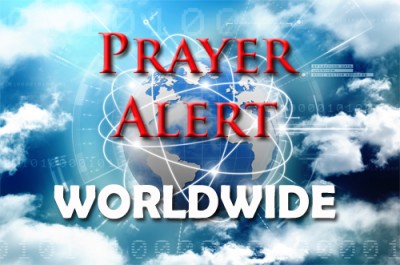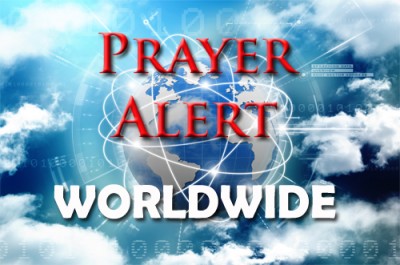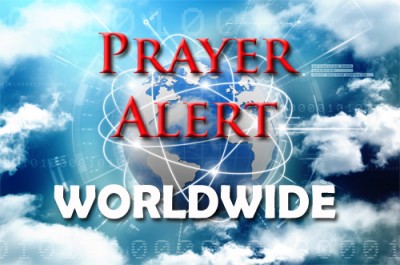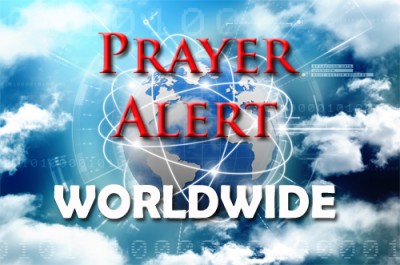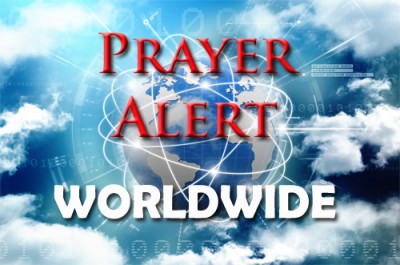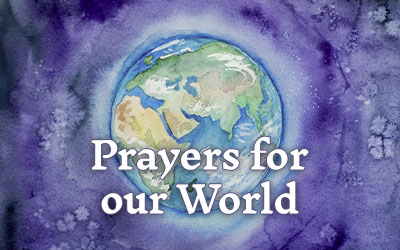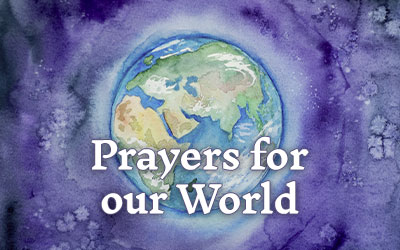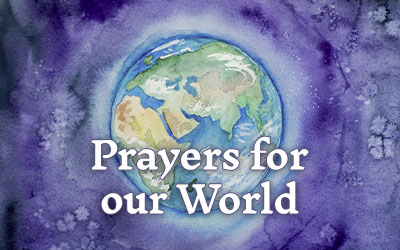Iran: widespread protests
05 Jan 2018In a few days protests spread across Iran, with demonstrations different in size, leadership and objectives from those in 2009. The protests started in Mashhad, when religious hardliners voiced legitimate economic grievances to score points against the Rouhani government. They lost control of events when corruption and falling living standards prompted political slogans against the Islamic Republic. Next, there were demonstrations praising Rouhani, but the core demonstrators chanted uncompromisingly anti-regime slogans. Many believe these protests are powered by people who tend not to vote, believing the system cannot be reformed. A spokesman for the Revolutionary Guards said that anti-government protests were over, but offered no evidence of how they had been defeated beyond arrests. His comments appeared to be a warning against more rallies. The BBC and Al Jazeera say that protests are still happening.
Israel: prediction of war with Iranian proxies
05 Jan 2018An Israeli thinktank has warned of several security threats this year. These could include war with Hezbollah or with Syria, supported by other Iranian proxies, or a war with both, with full-blown Iranian involvement. Iran continues to arm and finance proxies near Israel’s borders, and Tehran’s steps to build a military force in Syria may lead to an escalation on the northern front, given the Israeli government’s resolute stance. Noting the presence of Russian forces in Syria, the report said Moscow could be expected to maintain neutrality, but could impose limitations on Israel’s freedom of action. Another potential for a flare-up is in Gaza, where Hamas continues to build its strength. IS presence on Israel’s borders was the third challenge noted.
Morocco: hundreds of protesters still in prison
05 Jan 2018Activists in a Casablanca prison keep having their court cases postponed. They are affiliated to Hirak, a protest movement that emerged in October 2016 after a fish vendor was crushed to death by a truck as he tried to retrieve fish that authorities had confiscated. See Since that article, however, the government has acknowledged Hirak’s grievances - better infrastructure, jobs and health-care - but hundreds of protesters remain behind bars, 54 of them accused of threatening the internal security of the state. Authorities are also trying seven reporters who covered the protests and commented on religion and religious freedom. The official response to Hirak's demands was to propose building roads, hospitals, and a cancer treatment centre (Moroccans have a high incidence of the disease). When the national human rights council reported human rights violations and torture, the justice minister announced an investigation, but no follow-up has been made public.
Global: a lost childhood in conflict zones
05 Jan 2018UNICEF has stated, ‘Children are under attack on a shocking scale in conflicts around the world. No safe places are left for children as they are targeted in their homes, schools and playgrounds.’ Last year many children came under attack in conflict zones, with blatant disregard of international laws designed to protect the most vulnerable. They were frontline targets, used as human shields, killed, maimed, and recruited to fight. Rape, forced marriage, abduction, and enslavement were standard tactics. Sometimes children abducted by extremist groups experience abuse yet again upon release when they are detained by security forces. Millions more children are suffering malnutrition, disease and trauma as access to food, water, sanitation and health are denied, damaged or destroyed in the fighting.
North Korea: Christian survival
05 Jan 2018Every aspect of North Korean life is controlled by the state, which believes that there is no higher authority than Kim Jong-un. Christianity threatens this belief and must be crushed. Tens of thousands of Christians are imprisoned in labour camps, yet the church is growing. There are 300,000 courageous believers, many not even telling their children, who live under constant surveillance by authorities looking for anything that might threaten the regime. There are even rewards of a new home or better job for anyone who helps discover Christians. Every citizen must report to a ‘neighbourhood watch’ system any absence from home, or a neighbour neglecting to clean the portrait of Kim which everyone must have on their walls.
"That is why Jesus became one of us. He died to destroy the devil, who had power over death. But he also died to rescue all of us who live each day in fear of dying." — Hebrews 2:14–15 (CEV)
Last year, SCWA sent a team of workers to travel the length of Togo, meeting with people in villages and towns and talking about accusations of witchcraft against children. Many people were afraid to speak openly of this phenomenon, even though they acknowledged a widespread awareness of its existence and the harm it caused. Much of this reluctance to speak related to fear: fear of bringing harm upon themselves and fear of death. When a death occurs, this is itself often a trigger of witchcraft accusations as people try to make sense of such loss. Fear of death can make people slaves. Only Jesus can set them free.
JESUS DIED TO RESCUE ALL OF US WHO LIVE EACH DAY IN FEAR OF DYING. — HEBREWS 2:15
Thank God
- Thank God for giving us a way to be free from the fear of death, through Jesus, and for giving us opportunities to bring freedom to others who are slaves to fear.
- Fear of death is not insurmountable. We thank you, God, for SCWA and its network of collaborators, who are bringing a message of hope and reconciliation to those accused of witchcraft and to those who accuse others.
Please Pray
- Recently, an academic team in the UK agreed to analyse the research into the roots, realities and responses of witchcraft accusations, performed in Togo villages and towns last year. Pray that this work will bring greater understanding of the issues — and Togo’s specific context — and support the efforts of local church leaders in addressing child witchcraft accusations.
- Pray that, through gentle exploration, affected communities and churches will be equipped to discuss both witchcraft accusations and the fear of death in a way that brings light, love, reconciliation and hope for the future. Where death, violence and rejection divide, we pray that forgiveness will heal.
- China has been building what it calls "the world's biggest camera surveillance network". Across the country, 170 million CCTV cameras are already in place and an estimated 400 million new ones will be installed in the next three years.
Many of the cameras are fitted with artificial intelligence, including facial recognition technology. The BBC's John Sudworth has been given rare access to one of the new hi-tech police control rooms.
http://www.bbc.com/news/av/world-asia-china-42248056/in-your-face-china-s-all-seeing-state
The “Beast” ubiquitous surveillance system continues to advance with the goal of the absolute control of the worlds population as slaves of the anti-christ!
- Middle East- Middle Eastern governments are using high tech mass surveillance tools to monitor their citizens.
http://www.bbc.com/news/av/world-middle-east-40531967/weapons-of-mass-surveillance
Doug Riggs, Pastor
Let’s pray that these attempts to control whole populations and thus dominate them will be counteracted and foiled by concerned citizens. Pray for the exposure of governmental schemes to use the fear of terrorism as a cover for the invasion of privacy on a mass scale.
Confronting the Jewish Holocaust in Nazi Germany, Dietrich Bonhoeffer boldly declared: “Silence in the face of evil is itself evil: God will not hold us guiltless. Not to speak is to speak. Not to act is to act.”
This holds true in America today, given our own holocaust of abortion, where 60 million innocent babies have been destroyed in gas chambers called abortion clinics.
http://www.wnd.com/2017/12/lets-break-americas-shameful-silence-in-face-of-evil/
Pray that the tide of abortion in the USA and around the world will be turned back and that the life of every child in their mother’s womb would be held as sacrosanct and uniquely valuable. A sea change in mentality is needed to overcome the false and debunked “population bomb” ideology that mankind must use the practice of killing the unborn to reduce world population.
